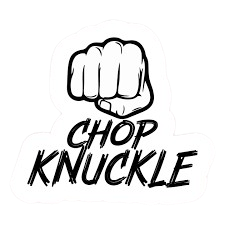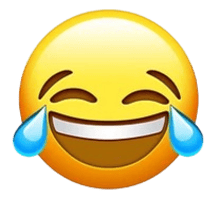-
As we celebrate the 2023 International Literacy Day today, with the theme ‘Promoting literacy for a world in transition: Building the foundation for sustainable and peaceful societies’, I have these thoughts….Education is a lever of social mobility. It enables any child born in the slums or by uneducated parents to aspire to lift himself and the family from one social strata to another. It can be a pathway for any and everyone to better their lives, gain socioeconomic agency, and see themselves as individually important, as one that can contribute meaningfully to the development of one’s community and the nation at large. One of the pillars of sustainable communities is the recognition of the existence of roadmaps, of avenues through which one can dream of transformation, and can aspire to have a better life. Unintentionally I may say, African rich and ruling classes instead of enlarging pathways for equality, find it easier to promote social and economic exclusivity whereby islands of affluence are built for themselves and their cronies, where you see magnificent mansions and estates just 10mins drive away from horrifying slums. Those estates invariably have high walls and gates to keep out who? Your guess is good as mine!However, as library professionals, we are taught that access to knowledge is power for transformation – individually or collectively. As librarians, we are taught the importance of equity, of opening the doors of the library to all the members of our user communities irrespective of status. We learned that every book has its reader and that the reader can be any gender, can be rich or poor, or can be from any tribe, State or nation.It then appears to me, and I believe, to every right thinking library professional that we are duty bound to imagine and promote equity, inclusiveness, and qualitative education as is stated in SDG 4 for sustainability and peaceful coexistence in our communities and countries.The society we all exist in as Africans may make it difficult for us to ably do this.What are we up against?What are the challenges?Aaahhh, someone may quickly jump in to say inadequate funding. Permit me to push that aside, for now. Education can become exclusive and inequitable because- children can not afford class texts and supplementary reading materials, and invariably, they do not excel academically, and only those who will well-to-do parents and guardians can continue to advance in education. The ladder of education as a highway to social and economic mobility is thus removed. The rate of illiteracy and school drop-out continues to rise. Hawking on the streets, menial jobs, and/or a life of crime become the glaring options.- Young people do not have access to resources that will help them understand and practicalize what was taught in class. Students in tertiary institutions can not understand how what they were taught by lecturers can be applied intrinsically in their own immediate environment. They graduate and they do not have high employment quotient because they learned by rote, they were taught what was in existence without due consideration to current and best practices that can be tweaked to solve development challenges in their immediate environment or the nation at large.What can African librarians do?Should we flow with the tide and not attempt to rock the boat of education in the continent?Are we satisfied with the status quo education-wise where inequality is becoming deeply entrenched and what is taught does not correlate with the African realities?Do our professional skills not call us to explore avenues for upholding the ladder of quality and inclusive education as a sure pathway to socioeconomic mobility?
2 Comments
Share Profile
Media
Photos
Videos
Audios
Files
Sorry, no items found.
Friends
Uzoma Kosisochukwu
@kosi
Mattaniah (NiYah) .
@mau
Uche Mary
@maryjane
Chiagozie Benjamin
@ben0-6
Elginny Utonwa
@elginny
Groups




Education is the key, though our leaders have changed the lock.